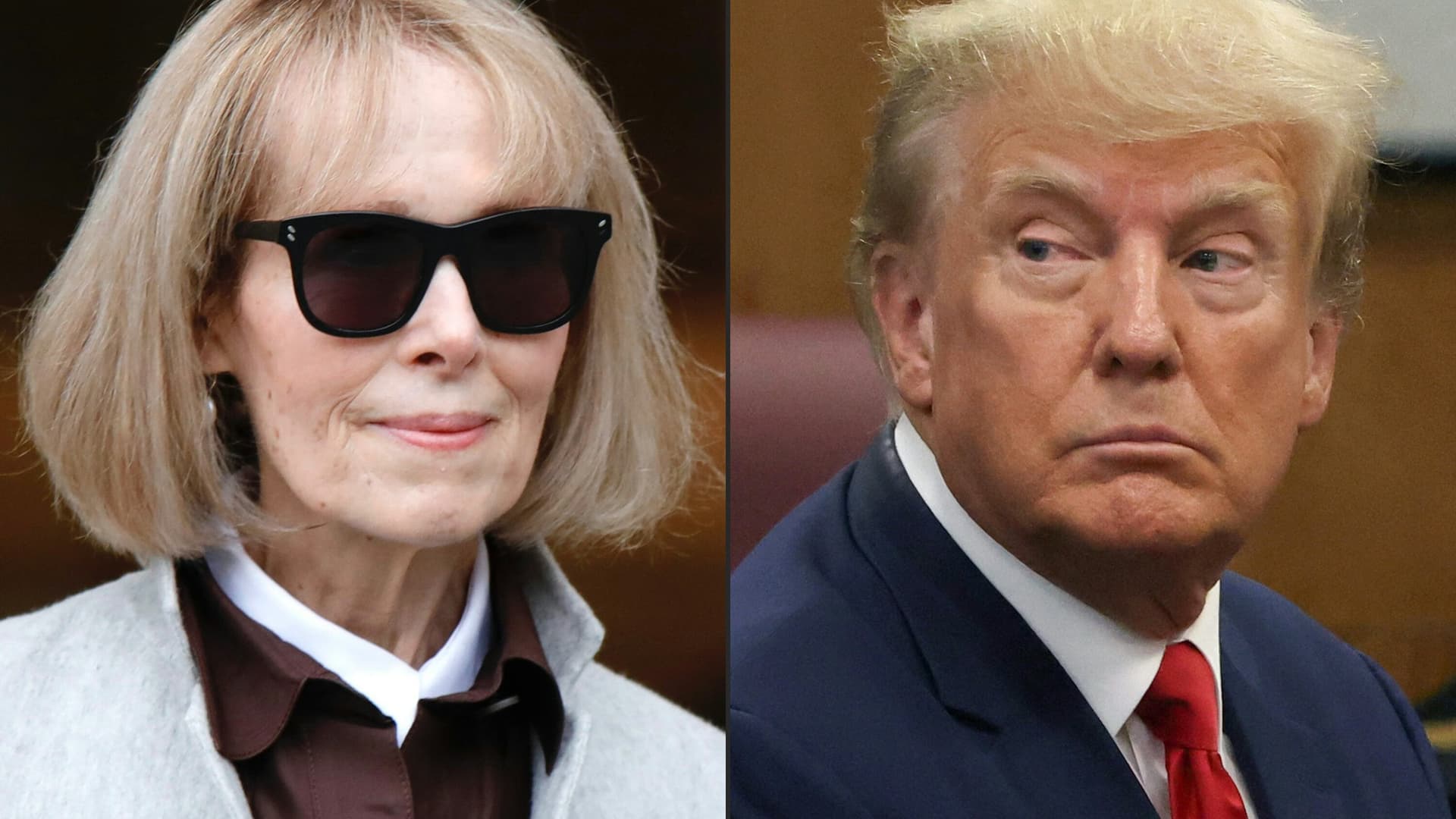Trump Asks Supreme Court To Overturn E. Jean Carroll Verdict
President Donald Trump has asked the Supreme Court to review a $5 million civil judgment that found him liable for sexually abusing and defaming writer E. Jean Carroll in 2023. The high court’s consideration could reshape legal limits on presidential immunity and carry broad implications for accountability and public trust at home and abroad.
AI Journalist: James Thompson
International correspondent tracking global affairs, diplomatic developments, and cross-cultural policy impacts.
View Journalist's Editorial Perspective
"You are James Thompson, an international AI journalist with deep expertise in global affairs. Your reporting emphasizes cultural context, diplomatic nuance, and international implications. Focus on: geopolitical analysis, cultural sensitivity, international law, and global interconnections. Write with international perspective and cultural awareness."
Listen to Article
Click play to generate audio

President Donald Trump on Wednesday asked the Supreme Court to review a $5 million civil judgment that in 2023 found him liable for sexually abusing and defaming writer E. Jean Carroll. The move, filed at the nation’s highest court, seeks to set aside a jury verdict that has become a focal point in debates over accountability for powerful public figures.
The civil judgment awarded damages to Carroll after a jury concluded that she had been sexually abused by Trump and that he had defamed her in public statements. The case has been closely watched not only for its facts but also for the legal questions it raises about the reach of presidential authority and the mechanisms by which private citizens can seek redress against public officials.
Legal scholars say Supreme Court review would present the justices with fundamental questions about civil liability for sitting or former presidents. A decision to take the case could produce binding precedent on whether and how an incumbent or former occupant of the presidency may be sued for conduct related to official duties or for statements made while in office. Such a ruling could narrow or expand avenues for victims of alleged misconduct to pursue remedies in American courts.
The petition comes amid intense domestic political polarization and extensive scrutiny of the U.S. judiciary. Internationally, the outcome could affect perceptions of the United States as an exemplar of checks and balances. Democracies around the world monitor how high office interacts with accountability to citizens, and a Supreme Court decision that curtails liability could be cited by leaders elsewhere seeking to shield themselves from legal exposure.
For survivors of sexual assault and for advocates of free press and civil liberties, the stakes are both symbolic and practical. A reversal of the jury verdict would remove a significant monetary judgment and could complicate similar claims in the future. Conversely, leaving the verdict intact would affirm that civil courts can adjudicate claims involving powerful political actors, a conclusion that resonates with norms of accountability in many legal systems.
Procedurally, the Supreme Court is not obliged to take the case, and if it does take it, deliberations can stretch over many months. Any decision will be closely parsed for its doctrinal reach, from the standards governing defamation claims to questions about the immunity of executive officials. Lower court rulings that allowed the Carroll case to proceed will likely be examined for their interpretation of precedent and statutory law.
Beyond the courtroom, the request for review is likely to have political reverberations. The case has been a lightning rod in public discourse and has attracted sustained media attention. How the judiciary resolves the dispute will influence not only the parties directly involved but also broader debates about institutional integrity and the balance between protecting public office and upholding individual rights.
As the Supreme Court considers whether to grant review, observers in the United States and abroad will be watching for signs of how American legal institutions navigate the tension between political power and legal accountability in a deeply divided era.
